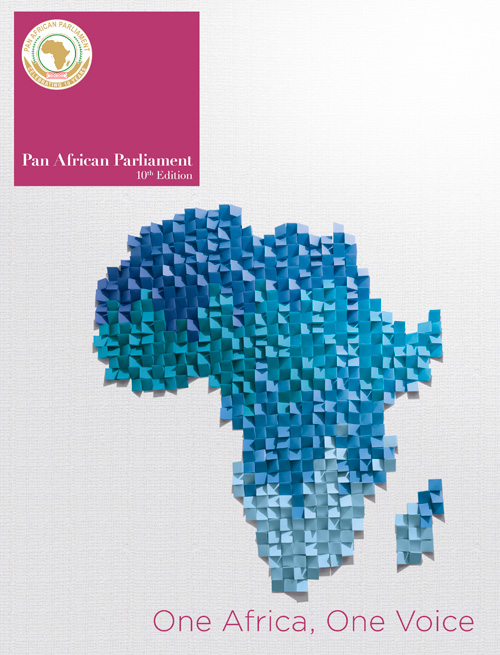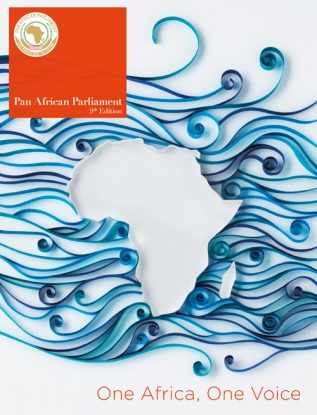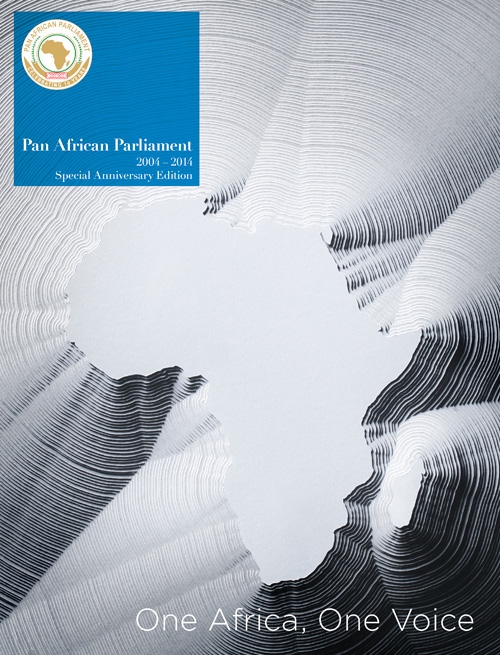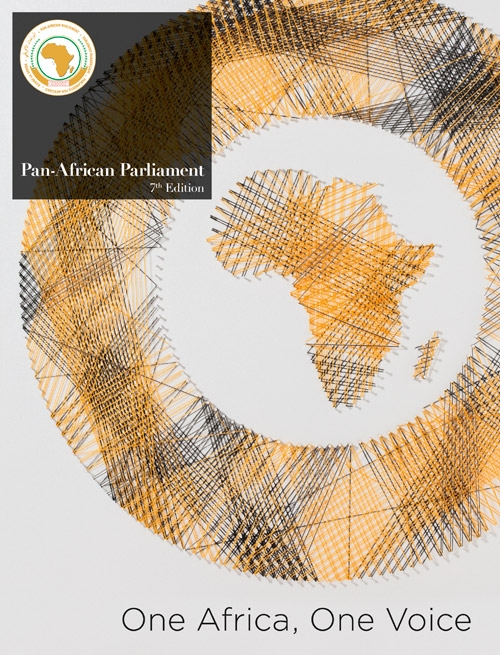
Through joint collaboration between the PAP, the Parliament of Mozambique and various partners, a regional consultative meeting was held from 17 to 20 September 2013 in Maputo, Mozambique. The main subjects of the meeting were the African Governance Architecture (AGA) and the promotion of the AU’s legal instruments in Southern African states.
Created under the leadership of the AU Commission and based in Addis Ababa, Ethiopia, AGA is the overall political and institutional framework that aims to promote democracy, governance and human rights on the continent. Its goal is to strengthen co-ordination among AU Organs and other institutions mandated to promote democracy, governance and human rights as a measure of enhancing their capacity and optimising their impact. These organs and institutions operate at international, regional, sub-regional and local levels.
African states must review and reflect on some of the core issues that threaten democracy and good governance on the continent. Ratification, domestication and the implementation of charters, treaties, protocols and conventions must be accelerated.
The sticking point
Since 1963, the policy organs of the Organisation of African Unity (OAU) and its successor, the AU, have adopted 38 treaties. Only 22 have entered into force. The remainder are in various stages of signature and ratification or accession. These treaties, by definition, address issues of specific concern to Africa and should be given the utmost priority. Doing so will show that Member States are committed and bound by the principles, values and standards of the AU, and will therefore contribute to the realisation of the African political integration agenda.
African states must review and reflect on some of the core issues that threaten democracy and good governance
While recognising that different states in Southern Africa have varying ratification and domestication procedures that are informed by specific constitutional and legal traditions, members of the meeting were reminded that ratification and domestication of AU instruments in the region was a slow process. This is despite several AU instruments offering tremendous opportunities to eradicate poverty, promote justice and realise political, economic and social rights in Africa.
Unless a change occurs in the behaviour of both AU organs and Member States, many important decisions taken at continental level may not be implemented. This will have devastating consequences for millions of African citizens who will be denied good governance, fundamental freedoms and basic human rights. It will also bring the credibility of Pan-African institutions into question.
Recommendations
Participants of the consultative meeting called on Southern African Parliaments to work with national governments to speedily sign, ratify and implement AU legal instruments.
On the ratification the African Charter on Democracy, Elections and Governance, participants agreed that the PAP should take a leadership role and ensure the ratification, domestication and implementation of AU instruments in Southern African Parliaments.
Taking their cue from the AU, which has institutionalised the practice of implementing a biennial reporting system on all AU instruments, participants concluded that the PAP should receive annual reports on the state of ratification, domestication and implementation from its Member Parliaments.
The PAP, in conjunction with civil society and its partners, should conduct a comprehensive audit of OAU/AU instruments with a view to update the compendium of AU instruments. Both the compendium and audit report should be sent to National Parliaments.
Participants also believed that the PAP should develop the capacity of Parliaments to ratify AU instruments, and civil society to track domestication and implementation. In this regard, there is a need to develop regional ratification and domestication toolkits to ensure that Parliaments are aware of the required processes.
There is also a need for multi-stakeholder capacity building workshops for Parliaments, civil society and members of the executive, focusing on ratification and domestication procedures, as well as reporting requirements for those who have ratified the AU charters.
It was stated that the African Charter on the Values and Principles of Public Service and Administration aimed to build capable democratic developmental states in Africa over the long-term.
However, it is experiencing several challenges that include very low rates of signing and ratification, despite its non-controversial nature.
There is a need for multi-stakeholder capacity building workshops that focus on ratification and domestication procedures, as well as reporting requirements
Regarding natural resources governance in Southern Africa, it was noted that despite the abundance of natural resources and the opportunities they present for socio-economic development, transparency and accountability in the mining sector remains problematic. Those present mentioned the existence of the Southern Africa Resource Barometer, and encouraged Southern African states to comply with the principles contained within it.
It was stated that the level of intra-African trade remained low. There was need to increase volumes so that the objectives of regional integration, as stated in the Southern African Development Community (SADC) Treaty of 1992, could be achieved. While SADC created a free-trade area in 2008, the region does not have a customs union or a common market such as those in other African regions, for example, East Africa.
In conclusion
In closing, the Second Vice-President of the PAP, Hon Suilma Hay Emhamed Saleh, thanked participants for their input and reiterated the urgency to ratify AU instruments. PAP MPs should be advocates for ratification, and work with their governments to make sure that the instruments signed by Heads of State and governments are ratified, domesticated and implemented. PAP MPs should make sure that the political integration process is based on Shared Values and standards of democracy and governance. She urged MPS to advocate the African Governance Architecture instruments. The goal is for 10 SADC countries to deposit their instruments at the AU by January 2014. This will ensure that the Public Service Charter and Anti-Corruption Instrument has the number of ratifications to become operational.








